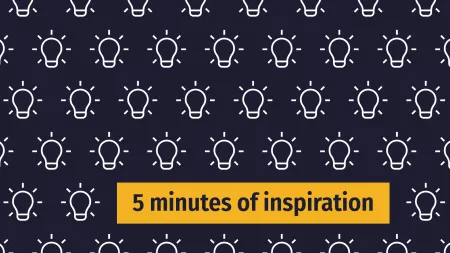In Niger, families are telling us that’s a huge impact of getting latrines and water systems installed in the community—even though families were fronting a part of the cost of wells and latrines: they are saving money because they don’t have to go to the doctor to treat diarrhea. Besides that, women feel a lot more secure than they used to, just because of the humble latrine. The EU and DANIDA funded the WASH and Organic Fertilizer to Achieve MDGs (PEAFAC) from 2011-2015, which helped us make these changes.
What did we accomplish?
- Reduced families’ spending: 85 % of families in the project reported lower spending on health care than they had prior to the project.
- Increase functionality: The number of wells that function year-round, rather than drying up or breaking, rose by 38%.
- Multiply access to water by nearly 6: The number of families who had consistent access to clean water went up 5.8 times, from 17% at baseline to 99% at endline.
- Tripled access to toilets: 10,000 more people now have access to toilets, tripling the coverage from the beginning of the project.
- Make women safer: Women consistently report that they feel safer and more confident now that they have toilets close to home.
- Improve production by 150%: Using the improved fertilizer techniques, farmers grew 2.5 times more crops than they did with traditional practices.
How did we get there?
- Invest in infrastructure: PEAFAC worked with communities to build 10 wells and 11 community water systems to make sure that people could access the water they need at all times of the year.
- Get communities to contribute: Communities don’t just get a well—they help build one. In PEAFAC, communities averaged 3% of the total cost of the well, and mobilized $17,000 to contribute to the infrastructure, often opening bank accounts for the first time in order to manage the money. So they want to make sure their own investment pays off, and build local management structures to make sure things last.
- Work with the government: The government of Niger was invested all along the process, from helping develop and deliver education sessions and WASH recommendations, to attending launching ceremonies for wells. Since they helped design the curricula, the government extension workers kept using it. Because the project connected communities to the national hydrology services, they have better support for making investments and repairs in the future.
- Get women to help teach: PEAFAC made sure that the project staff and the government paired male and female extension agents in every interaction, so that women could speak to another woman about their needs and concerns, and that men were also engaged.
Want to learn more?
Check out the project evaluation.
